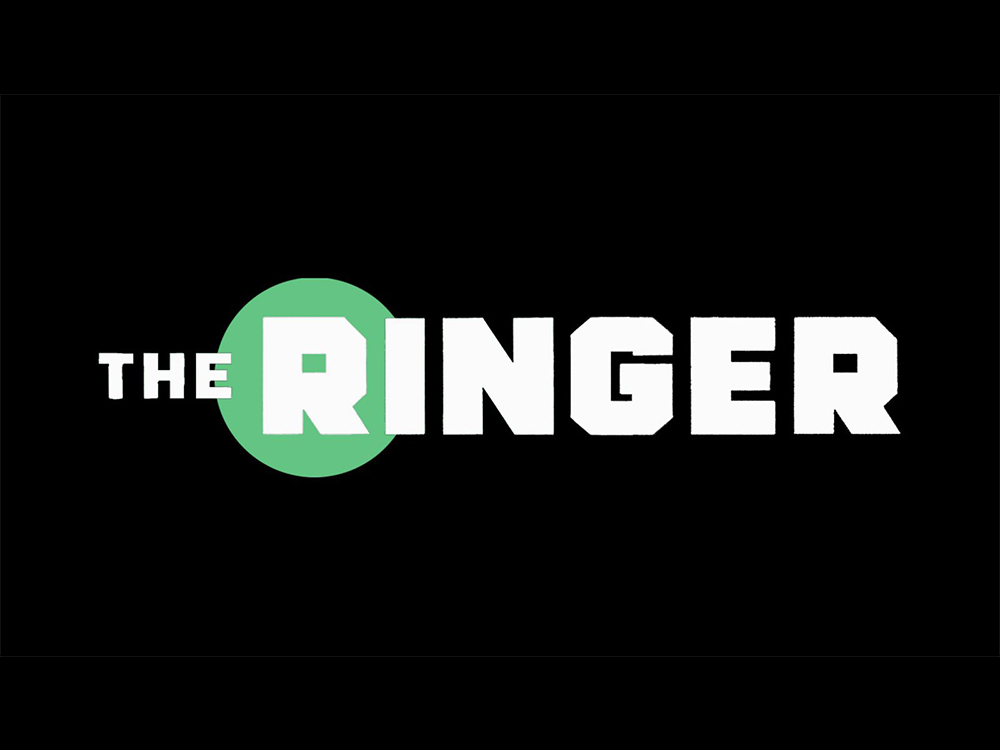Below is a list of things that were all purchased for the same price in John Wick or John Wick: Chapter 2:
- Two nights in an assassins-only hotel in New York City
- The cover charge at a speakeasy inside that hotel
- Having an assassin friend watch over another assassin, currently unconscious, who just tried to kill you*
- One night in an assassins-only hotel in Rome
- Two cocktails (plus tip, presumably)
- Removal of one dead body and all evidence thereof**
- A bespoke bulletproof suit
*This was a spur of the moment thing, so we must consider the possibility that such an act does not have a set value.
**This is the per-body rate for 12 dead bodies, so there could have been a bulk discount.
There are lots of questions to ask here—the international underground assassin economy is transparently confounding. All of these things cost one of the gold coins the assassins use as their currency, so what kind of exchange rate are we working with? Is it pinned to the dollar? What impact did the collapse of Bretton Woods have on the price of an assassination? How stable can an economy be when two drinks have the same value as tactical haberdashery? Has Glenn Beck inadvertently caused an inflation crisis for assassins? Do they have any problems with counterfeits, or does the whole made-by-assassins thing take care of that? Do gold coins really make sense when everyone who uses them has to prioritize their pockets for guns and ammo? (Side question: Are cargo shorts more popular with assassins than the general public?) Does having to mint gold coins cause periodic liquidity crises? Do the assassins have thoughts about a cashless economy? Do they also have people that keep saying “blockchain” but clearly don’t know what it means?
I don’t have answers to any of those questions. But while looking for them, I realized something else: John Wick actually contains a sophisticated commentary on the money economy.
Read the rest at The Ringer.
